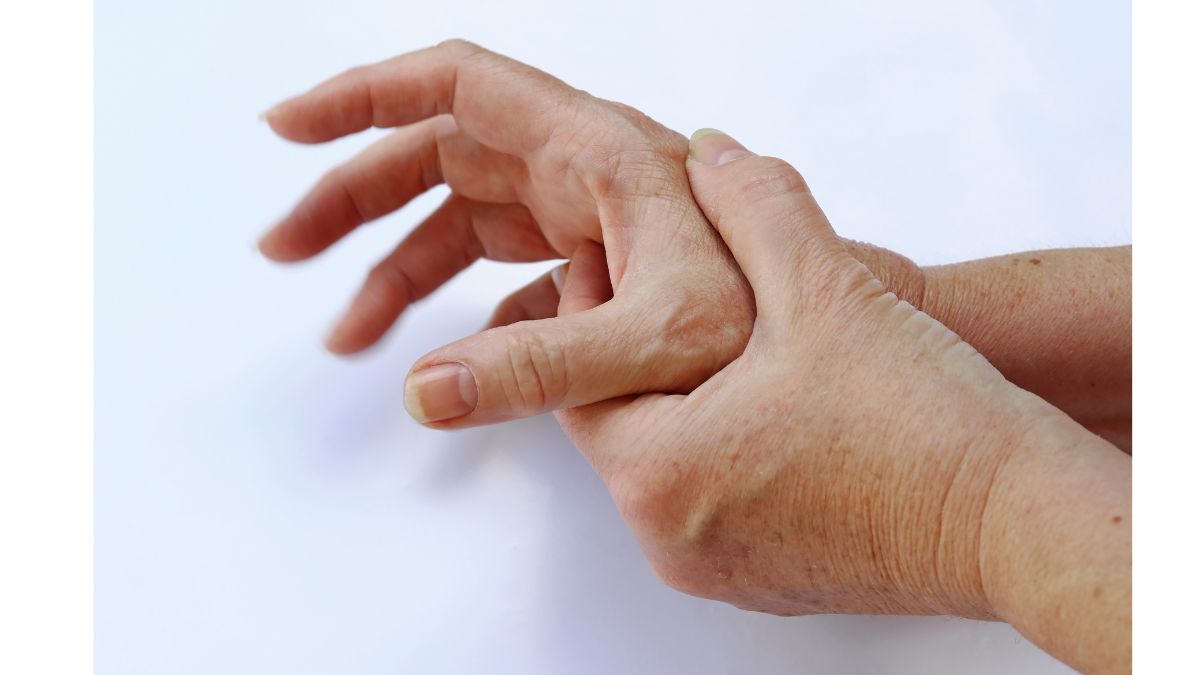- By Prerna Targhotra
- Mon, 11 Sep 2023 12:21 PM (IST)
- Source:JND
Parkinson’s Disease: Known for causing slow movements, tremors, and balance problems, Parkinson's disease is a brain disorder that causes unintended or uncontrollable movements, with difficulty in balance and coordination. According to the World Health Organization (WHO), Parkinson's disease keeps getting worse with time and results in high rates of disability and the need for care. Many people with PD also develop dementia.
How Common Is Parkinson's Disease?
According to the Centers for Disease Control and Prevention (CDC), Parkinson’s disease is very common overall, ranking second among age-related degenerative brain diseases. It’s also the most common motor (movement-related) brain disease. Experts estimate that it affects at least 1% of people over age 60 worldwide.
Dr Vinay Goyal, Chairman – of Neurology (Movement Disorder), Institute of Neurosciences, Medanta, Gurugram explained the development, causes, symptoms and diagnosis of Parkinson’s disease. He said that it is a chronic and progressive neurological disorder characterised primarily by the degeneration of dopamine-producing neurons in a specific area of the brain and is the second most common neurological disorder worldwide, after Alzheimer's disease.
ALSO READ: 5 Impressive Health Benefits Of Eating Soaked Almonds Every Morning
Symptoms of Parkinson’s Disease

Dr. Goyal listed a few common symptoms of this brain disorder and said that the symptoms can vary widely in severity among individuals, with early signs often subtle and easily missed. Common symptoms encompass involuntary tremors, slowness of movement (bradykinesia), muscle rigidity, difficulties in maintaining balance (postural instability), loss of voluntary muscle movement (akinesia), temporary movement loss, speech, and swallowing problems, micrographia (shrinking handwriting), and a masked face with reduced facial expressions.
Risk Factors Of Parkinson’s Disease
Some known risk factors of Parkinson’s disease include advancing age, with most diagnoses occurring after 60, specific genetic mutations (though not exclusive causes), exposure to environmental toxins like pesticides and herbicides, and a slightly higher susceptibility in men compared to women, as per Dr Goyal.
ALSO READ: Brain Health: 5 Memory Boosting Foods That Are A Must Have In Your Daily Diet Plan
1694415520569.jpg)
How To Take Care Of Someone Suffering With Parkinson’s Disease
Dr. Goyal suggests that caring for a loved one with Parkinson's Disease can be both challenging and rewarding. Firstly, educating yourself about this brain disorder, ensuring medical adherence, promoting physical activity, and assisting them with daily activities, such as dressing, eating, and grooming, can significantly improve their quality of life. Offer your emotional support and understanding and consider joining a support group for caregivers to share experiences and gain valuable advice from others in similar situations.

